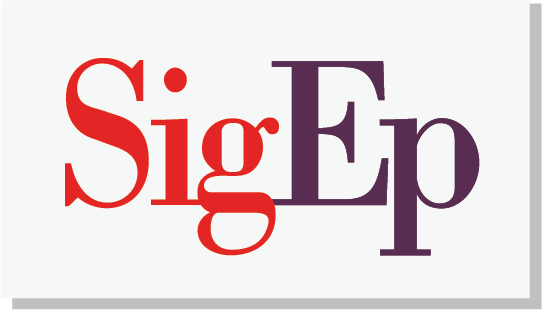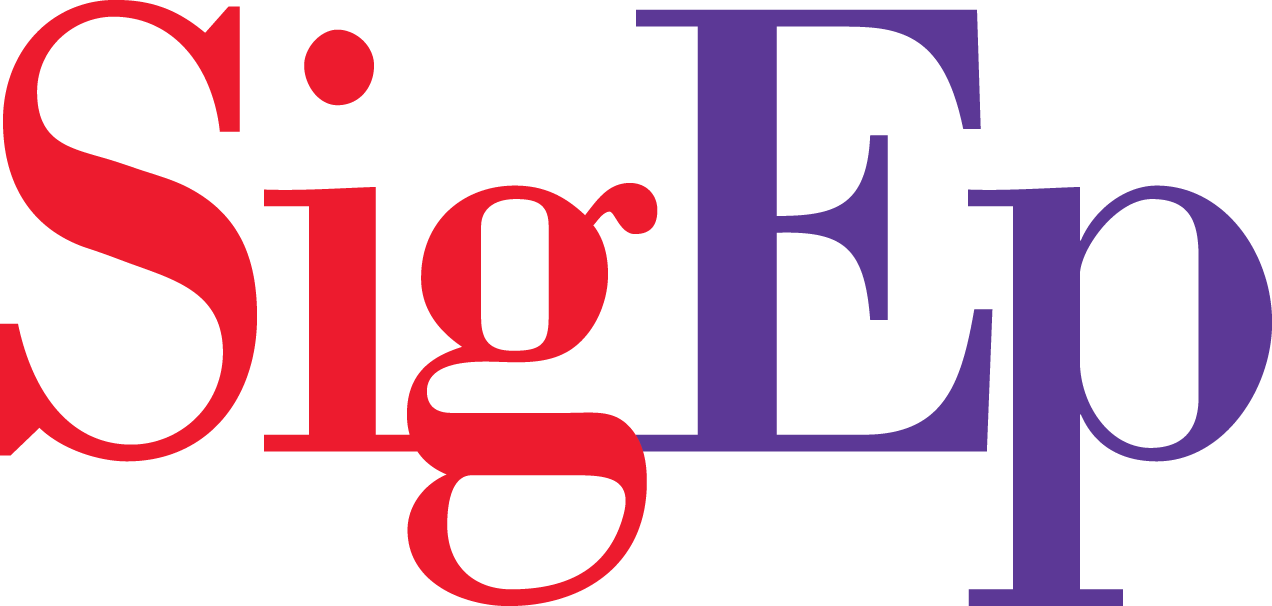CONTACT
Heather Kirk, Chief Communication Officer
Sigma Phi Epsilon Fraternity
Heather.kirk@sigep.net
FOR RELEASE: Nov. 7, 2019
Sigma Phi Epsilon Departs North American Interfraternity Conference
RICHMOND, Va. — Today, Sigma Phi Epsilon (SigEp) announced that the Fraternity is leaving the North American Interfraternity Conference (NIC) after serving four years on the trade association’s governing council.
In 2015, SigEp decided to commit to membership in the then-reorganized association commonly referred to as “NIC 2.0.” The Fraternity’s leadership saw it as an opportunity to work collaboratively with peers to shape the Conference’s priorities based on research and best practices. While the NIC has made notable strides in several areas, for fraternities to truly deliver on their promises and espoused values, the Conference must turn greater focus to student safety, personal development and strategic partnership with campus professionals.
“The original vision of NIC 2.0 was one that could have been transformational for fraternity communities, but the Conference is no longer proceeding toward those goals,” said SigEp Chief Executive Officer Brian Warren. “It’s clear that SigEp’s vision for how to enhance health and safety in the fraternity experience and partner with our host institutions has diverged from the NIC’s current approach. At SigEp, we must deploy resources in ways that achieve our priorities.”
SigEp has taken bold steps – removing pledging from the experience, rethinking new member recruitment, training new volunteers to be effective mentors, and implementing substance-free facilities – to provide young men a safe and relevant fraternity experience, one that allows them to develop meaningful relationships and prepares them for life after college.
One of the main reasons for SigEp’s initial investment in NIC 2.0 was the intended focus on collaboration around initiatives that would lead to safer fraternity communities. Yet, many of the NIC’s health and safety initiatives have seen significant cuts in resources and staffing, and there is little to no accountability to ensure policies that have been adopted across the Conference are implemented.
“The NIC’s hard alcohol ban was a step in the right direction, but does not go far enough to address the underlying issues of alcohol and substance abuse, underage drinking, and their connections to issues like hazing and assault,” said Ed Hammond, a retired university president who served as SigEp’s NIC governing council delegate and chaired the NIC’s Commission on Alcohol Abuse. “We had hoped this collective of fraternities with a renewed sense of purpose would take the necessary steps to challenge archaic thinking and antiquated practices.”
Further, the Conference’s increasingly antagonistic approach to campus advocacy and its establishment of Independent Interfraternity Councils – severing ties with host campuses – has led many alumni, undergraduates, campus professionals and other stakeholders to question the NIC’s motives and genuine interest in solving critical concerns.
“Our members and partners are craving more support, more resources, more transparency and more collaboration — not less. We must help bring people together on campuses to address an issue’s root cause, not divide communities,” said Warren.
“Higher ed partners should expect SigEp to work with them – openly and transparently – to give them a strong understanding of the SigEp experience on their campuses and how together, we can continue to improve student success,” he said. “We hope that this active partnership invites collaboration and lessens the need for campuses to resort to system-wide actions that unintentionally penalize students and chapters who are not bad actors.”
While SigEp is not renewing its membership in the NIC, we have a steadfast commitment to the relationships and collaboration within local fraternity communities, and our chapters will remain a part of campus Interfraternity Councils. Further, we know there are like-minded organizations both within and outside of the Conference. SigEp intends to work collaboratively with our interfraternal peers and leaders in higher education to develop and implement strategies that deliver an experience colleges and universities will be proud to host on their campus.
###
Sigma Phi Epsilon is a college fraternity headquartered in Richmond, Virginia, with more than 13,000 undergraduates on 210 campuses across the United States. Established in 1901, its mission is “Building Balanced Men,” which is achieved through a continuous member development program focused on academic achievement, healthy lifestyle choices and leadership development. The Fraternity currently maintains a 3.20 national GPA.









Jamison Keller says
Thank you for your industry wide leadership (once again) Sigma Phi Epsilon!
John says
Sounds like a great way to destroy the organization!
John Luke says
It’s shocking how out of touch SigEp nationals are. They seem to think the way to stop kids from drinking is to tell them they can’t and send a RD to do feel-good goal activities with the chapter. Surely that will work. Good luck SigEp, I hope too many people don’t get alcohol poisoning in some satellite house basement.
John Allen says
It is unfortunate that this has happened but it was a necessary move. I see no constructive suggestions in John’s comments as to how to change the current fraternity culture that exist on so many campuses. It stead of lashing out at University administrations and “whining” about how they are not supportive of their Greek systems, it must be recognized that it is the behavior of Greek systems that is the problem, not the Universities! There is no rational justification for hazing in any form. Change must come if Greeks are going to show that they are a value added experience for their members and for the Universities that allow them to exist on their campuses. The cultural change must come from within the Greek system. Universities can only do so much to encourage change; it is the alumni, undergraduates and national organizations who must recognize the necessity of change if our Greek systems are going to continue to exist in the future. the SigEp model does work and, as an almost 30 year alumni volunteer for my Chapter, I have seen it work and it continues to work! Kudos to SigEp for always leading and making the hard decisions that need to be made.
Stacy says
Always proud of your partnership with campuses and develop of strong mentors for chapters. Thank you for continuing to lead.
Jamel Catoe says
As a campus-based professional, I appreciate Sigma Phi Epsilon Fraternity’s commitment to attaining and maintaining a positive partnership with the institution. While I commend many of the NIC’s NIC 2.0 efforts, I have far too often questioned if the NIC and its member organizations have the interests of the institution (staff AND students) in mind. I look forward to continuing to work with SigEp on initiatives that will create meaningful and safer membership experiences.
Lyle Ward says
I’m proud of SigEp’s continued commitment to provide leadership for the campus Greek system.
Courageous actions such as these encourages progressive alumni to stay involved to assist their chapters. Stay the course.
Peter Dunne McCourt says
Sigma Phi Epsilon “Brotherhood” is alive and well at SUNY Cortland. As experienced this past weekend, at the Cortaca Jug Football Game, between Ithaca College and SUNY Cortland, at MetLife Stadium, in East Rutherford, NJ!
After all some 24 to 34 years.
Mike says
Lead from the front.
Jo Woo says
I think this is best